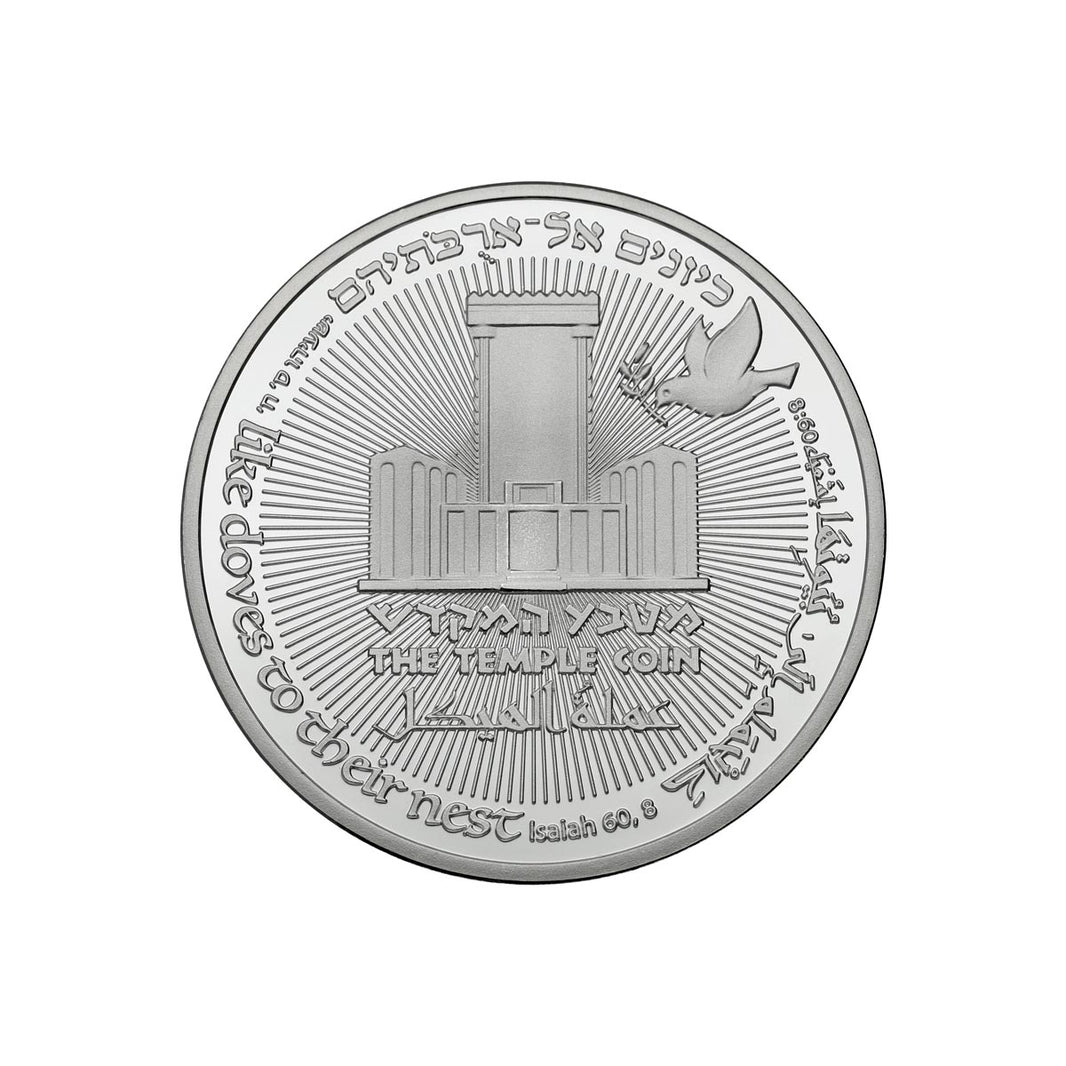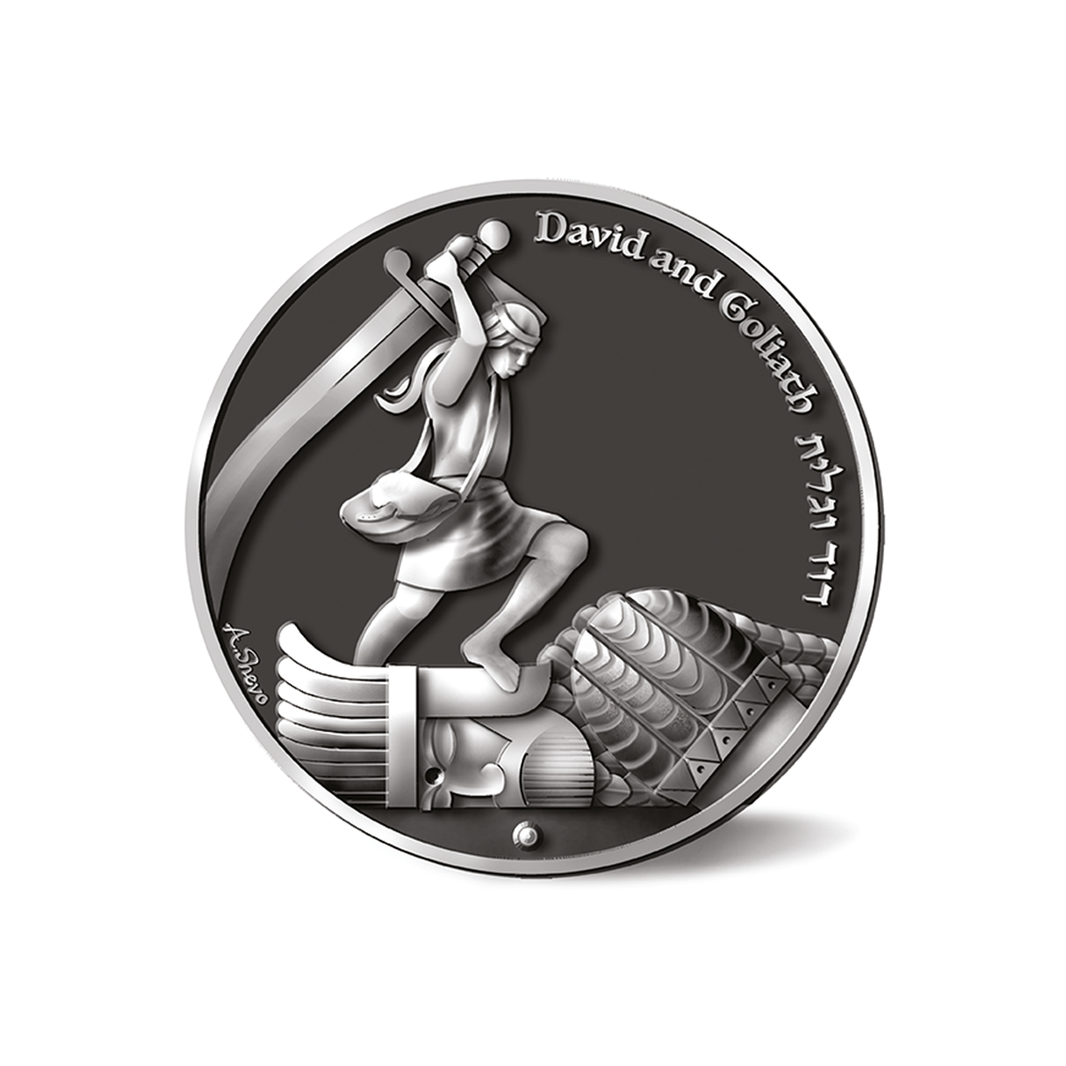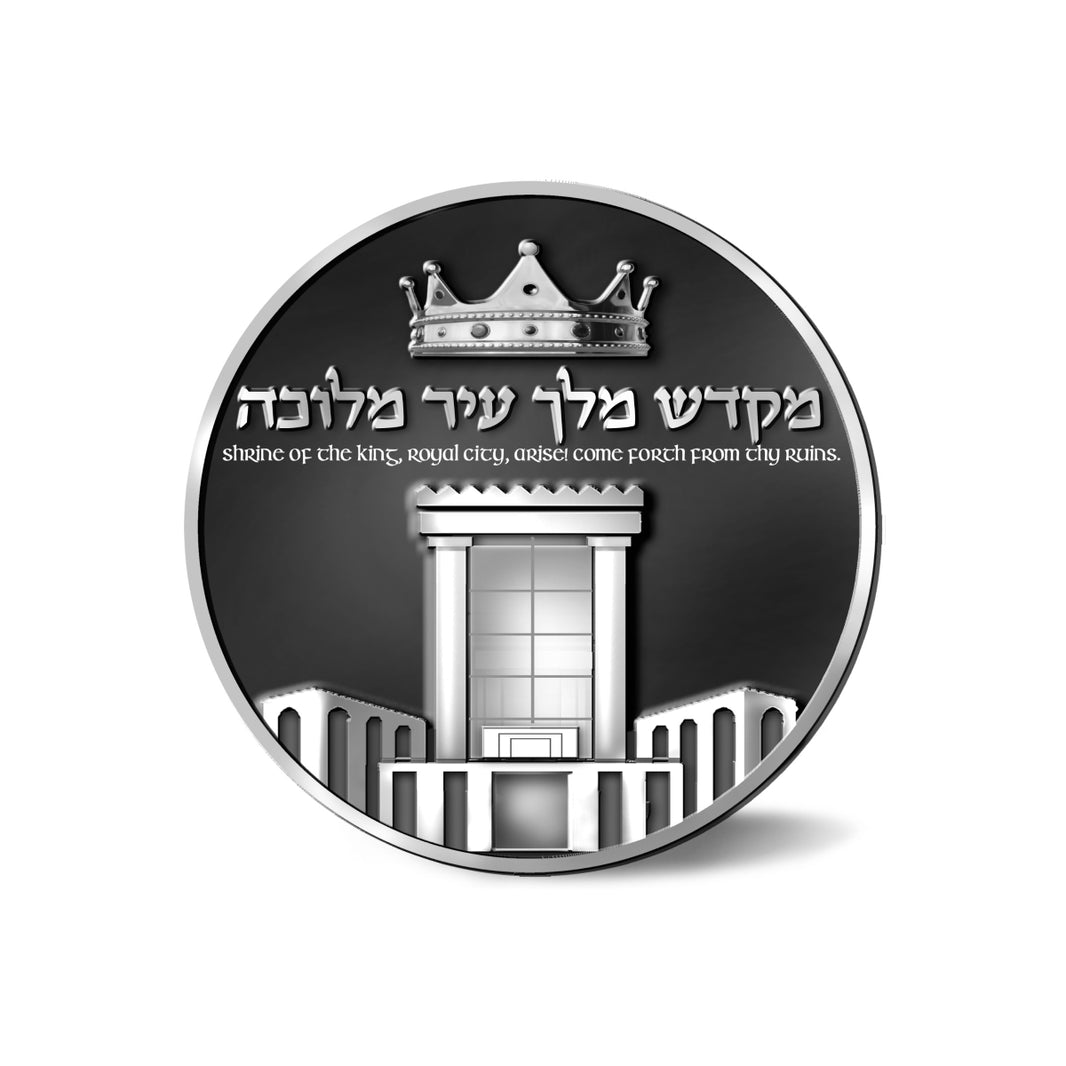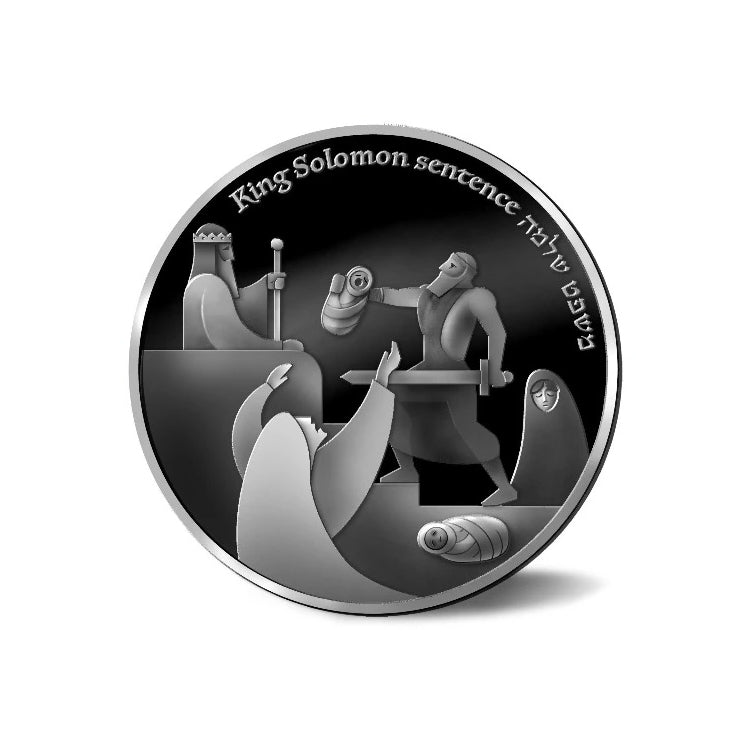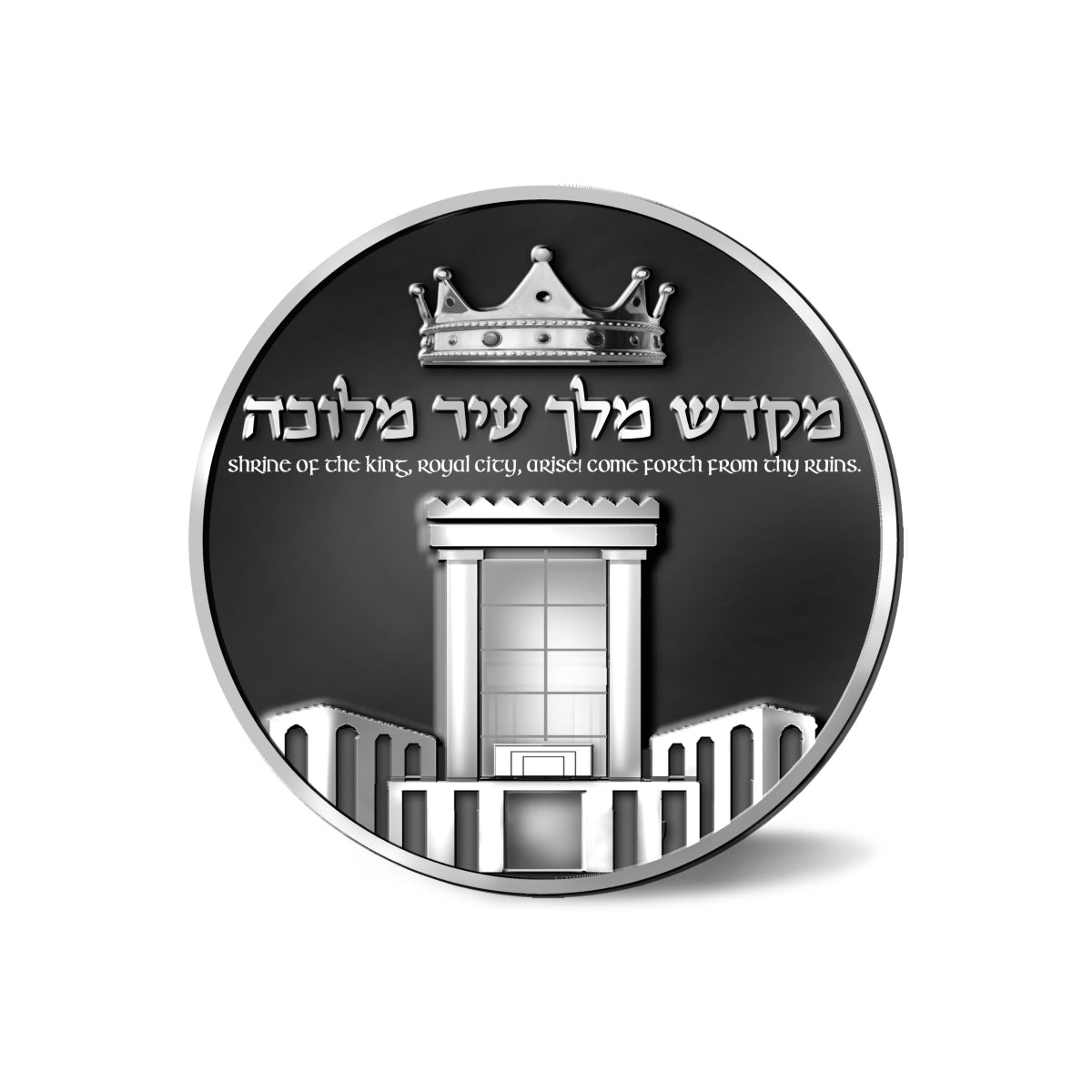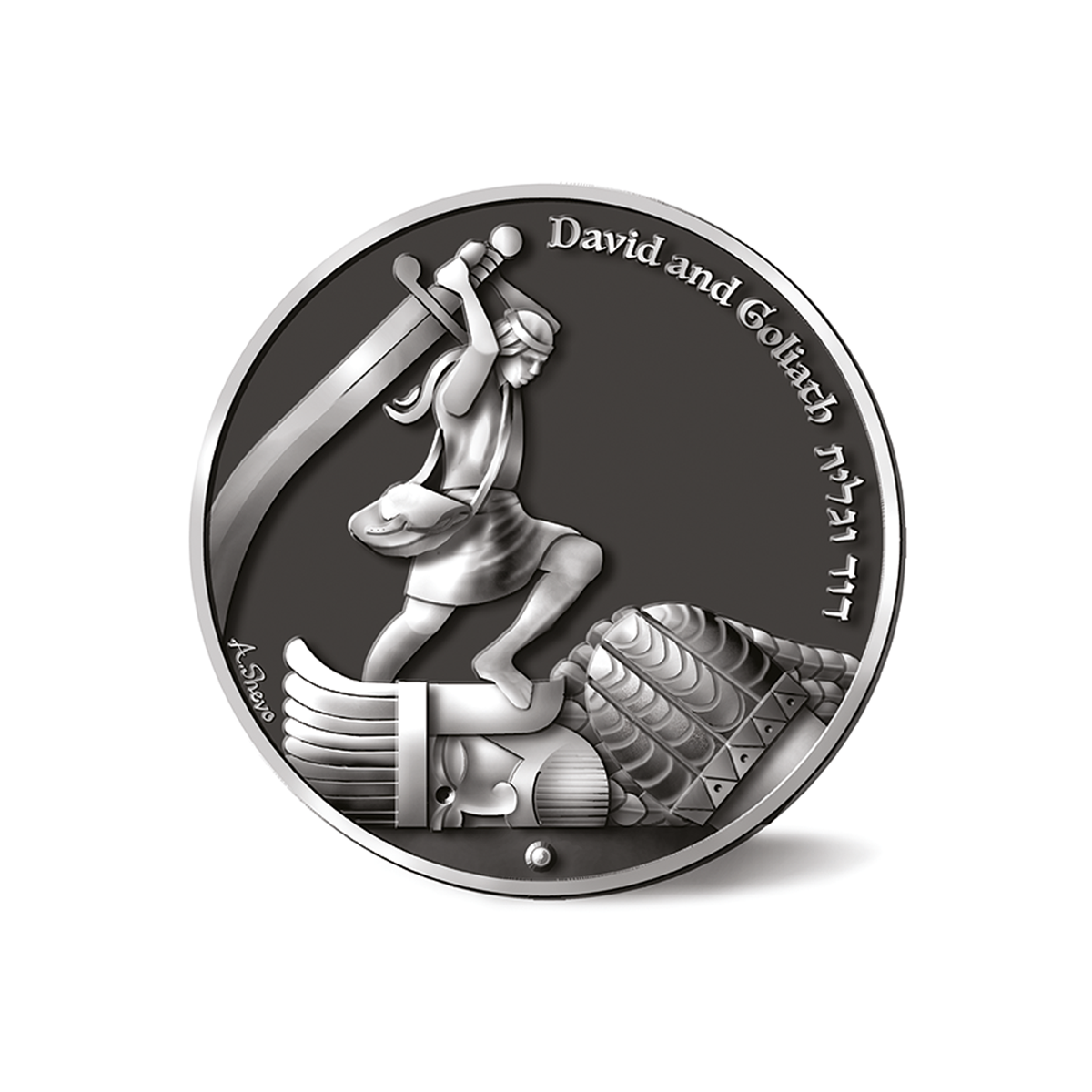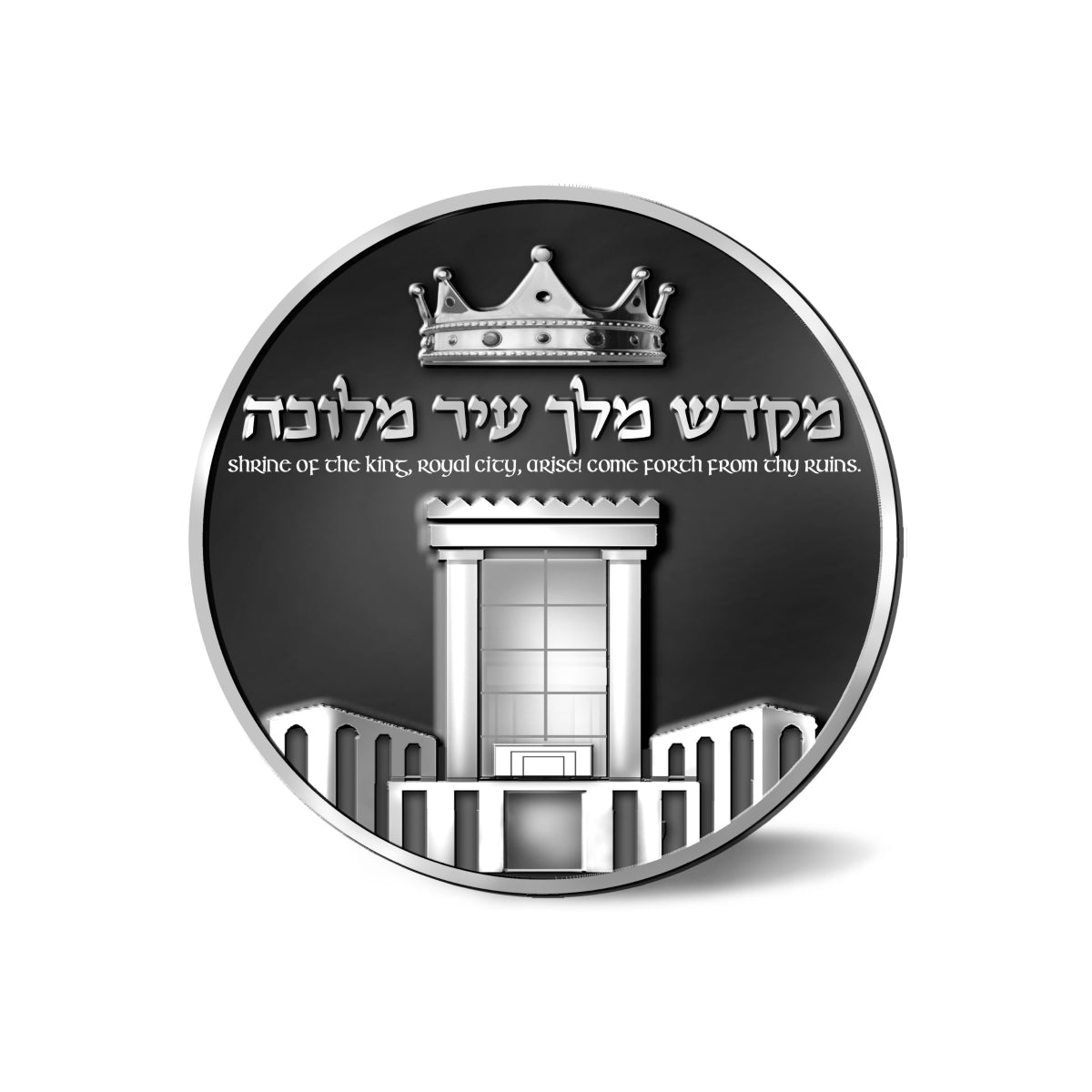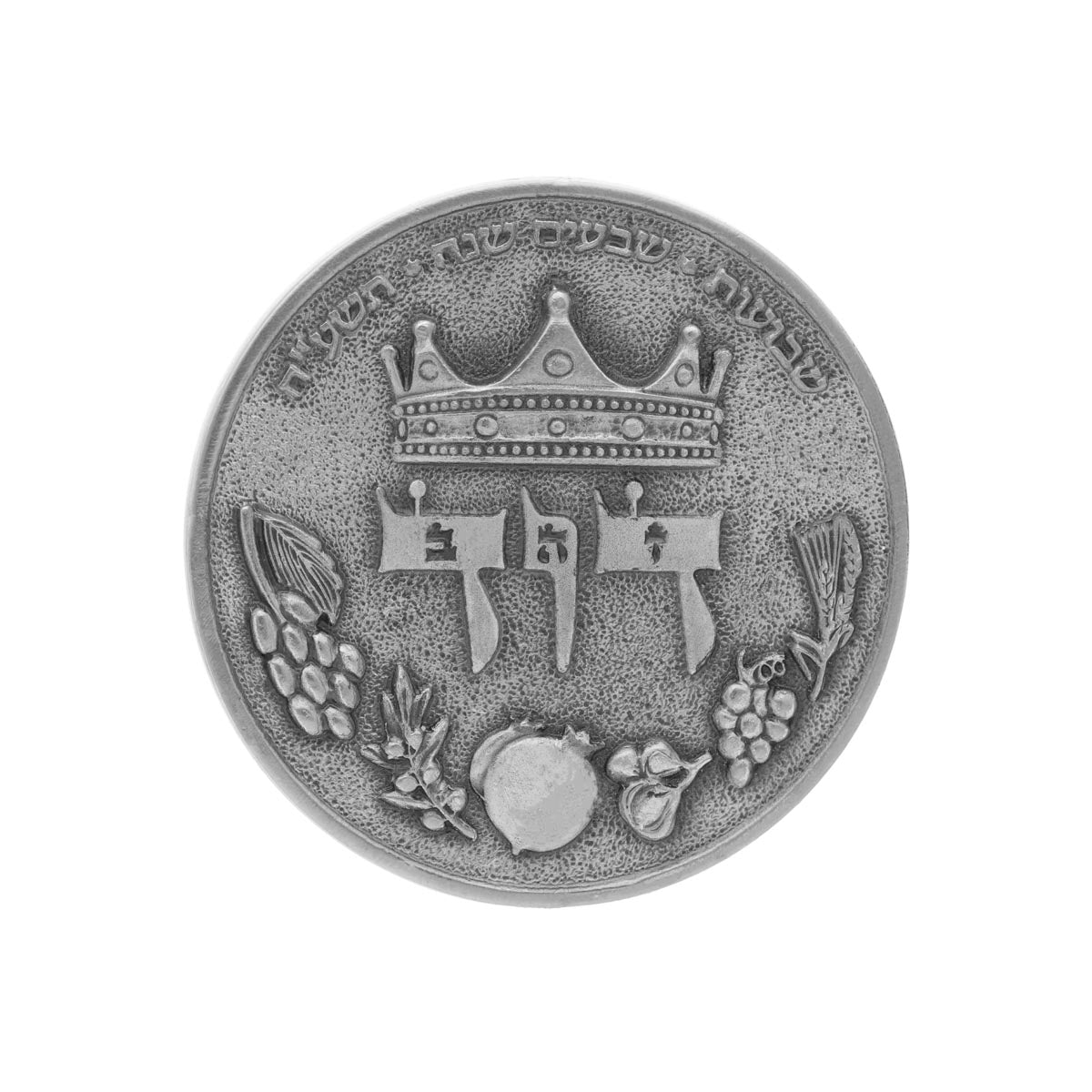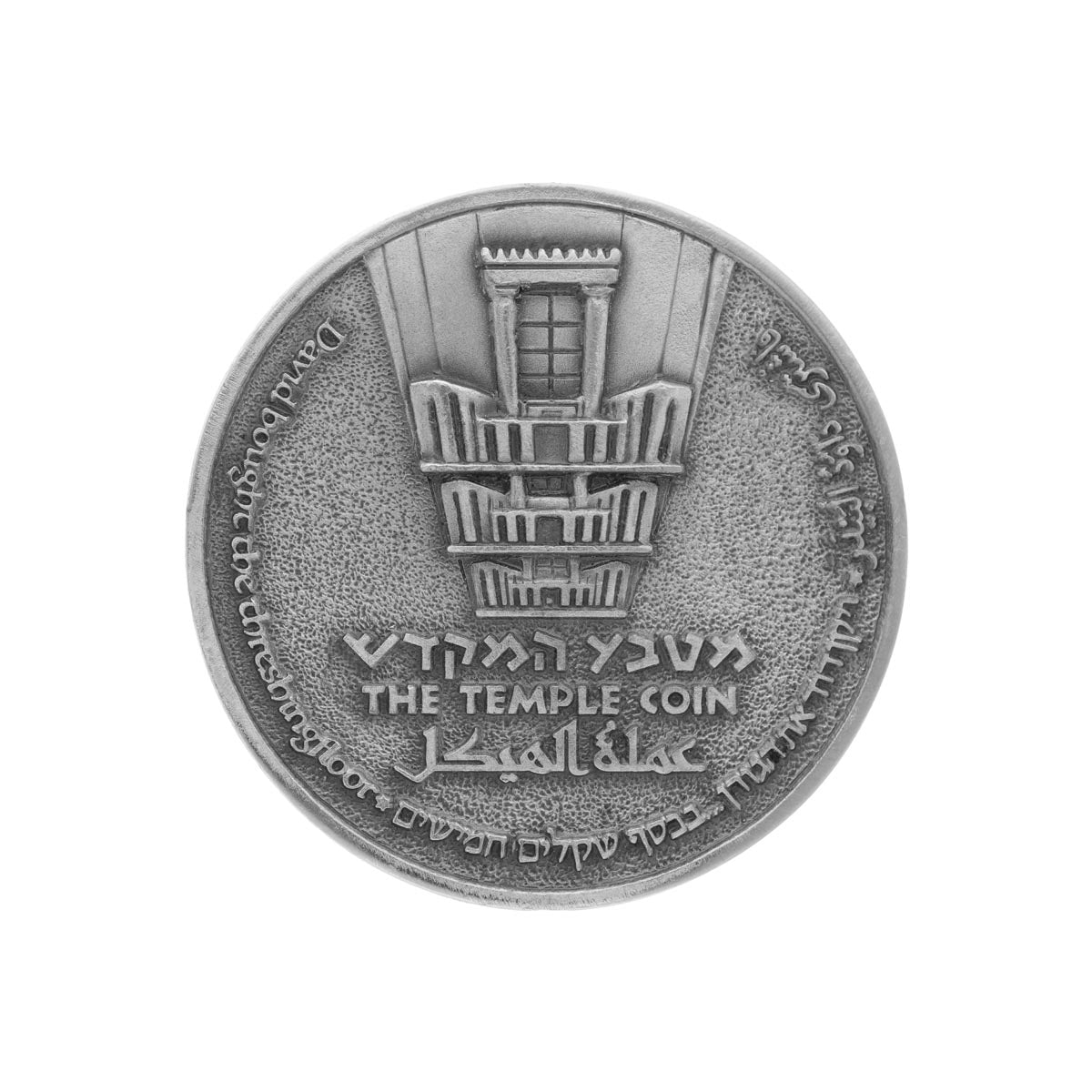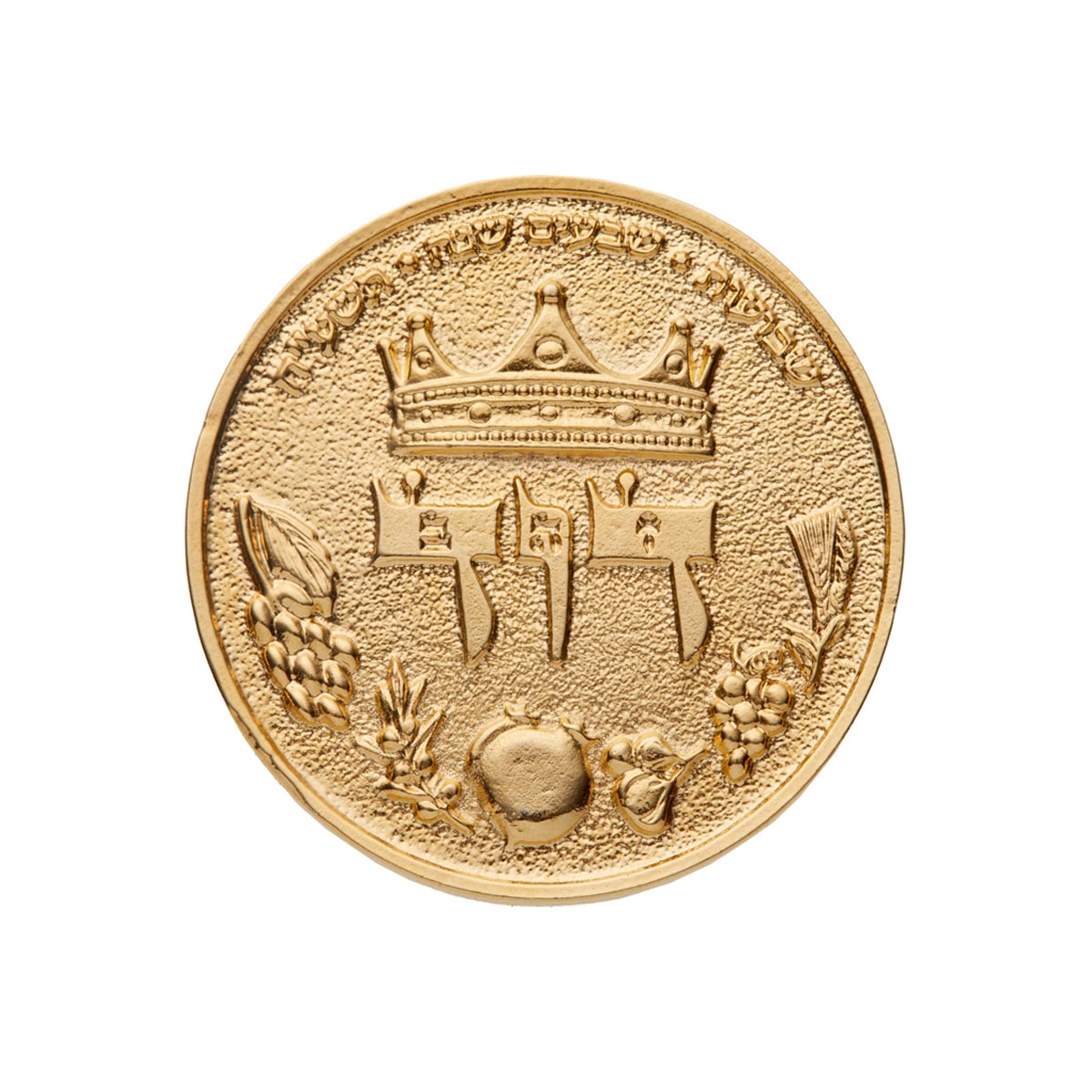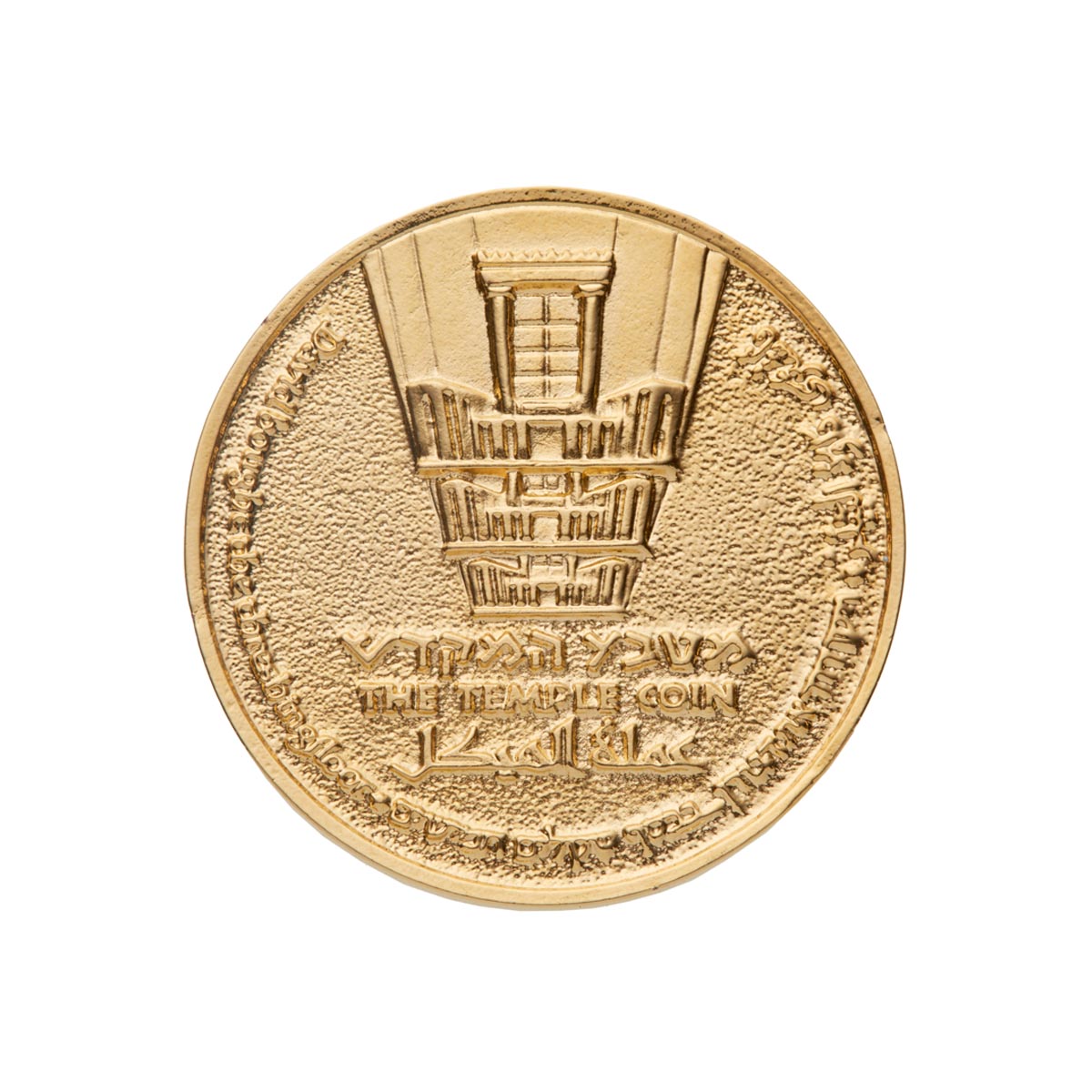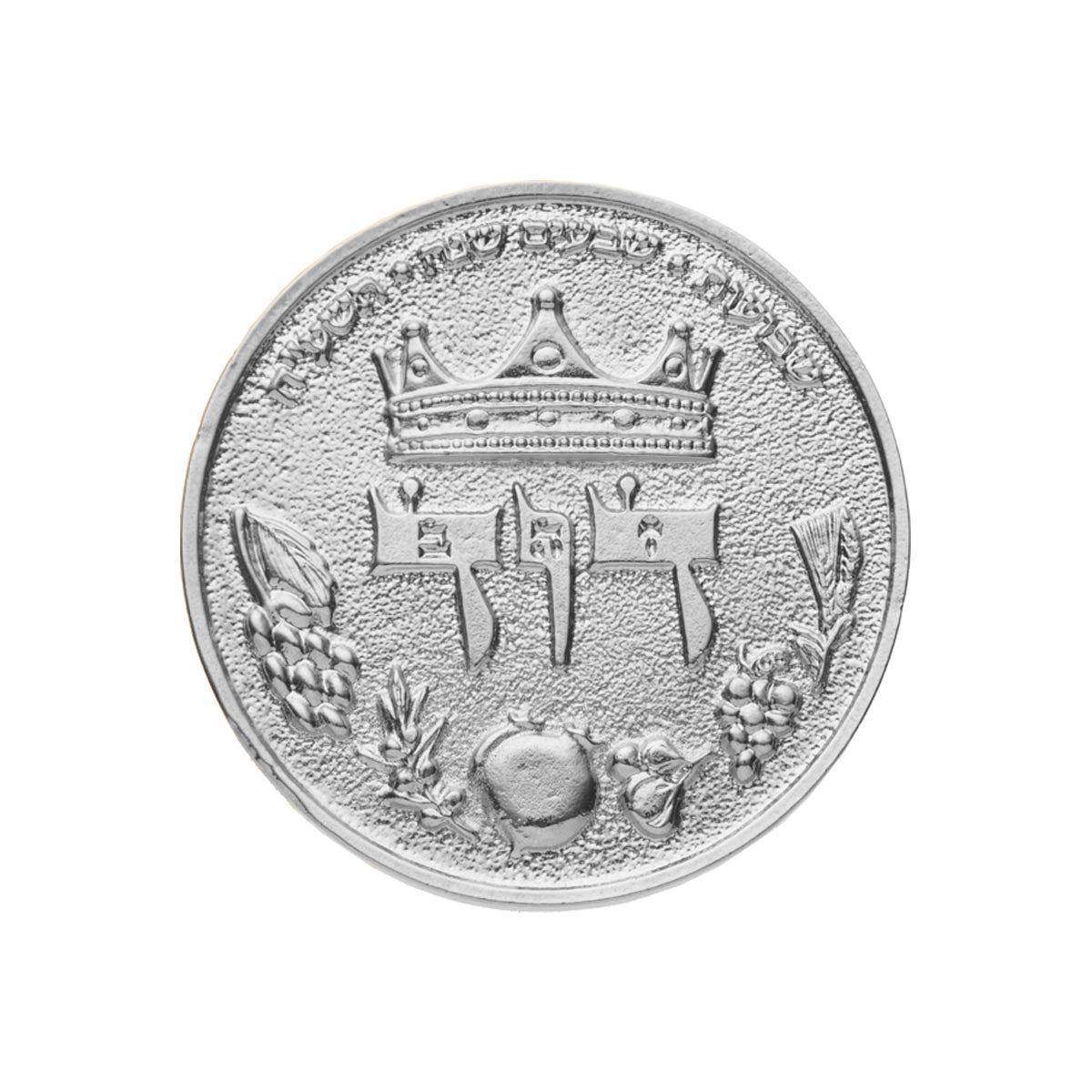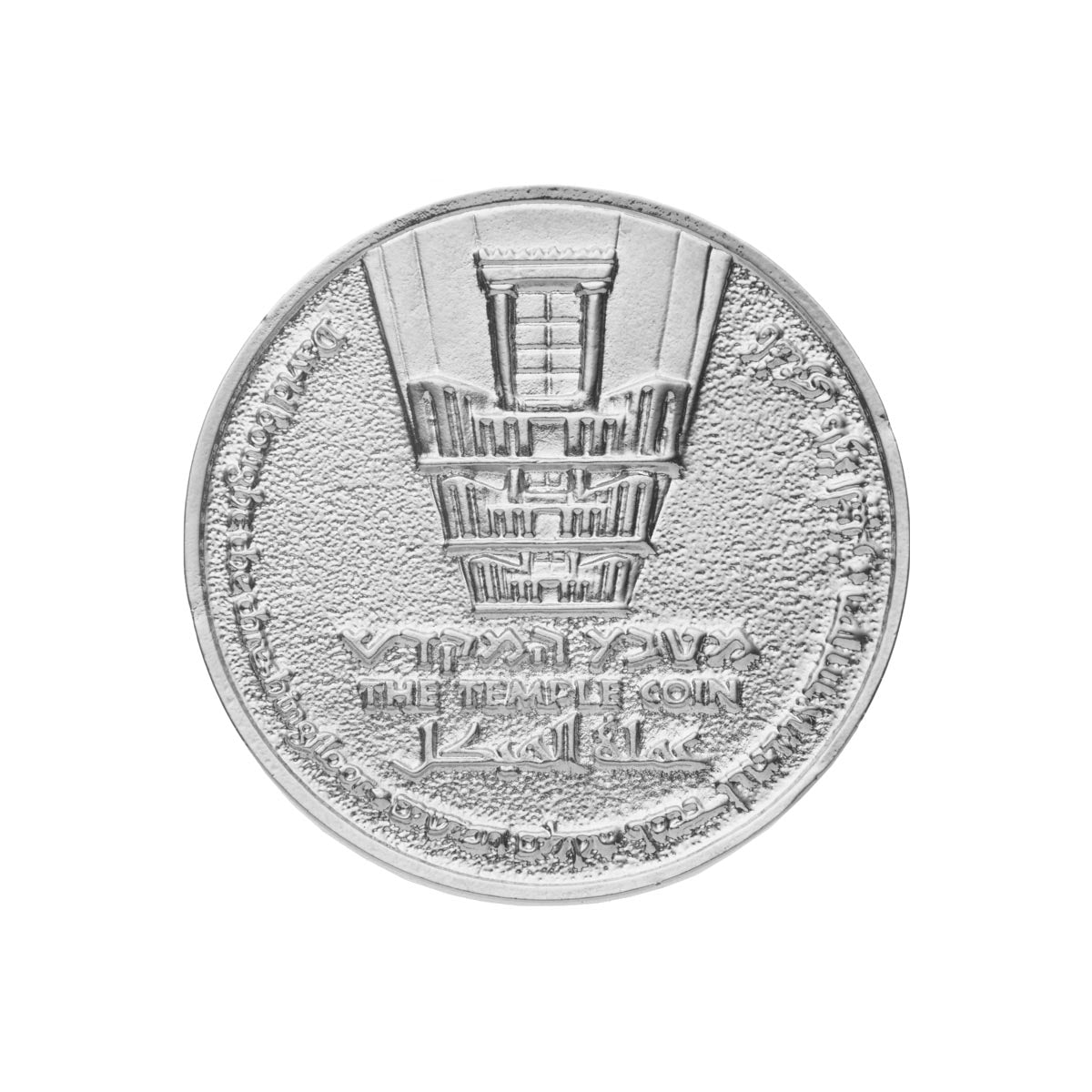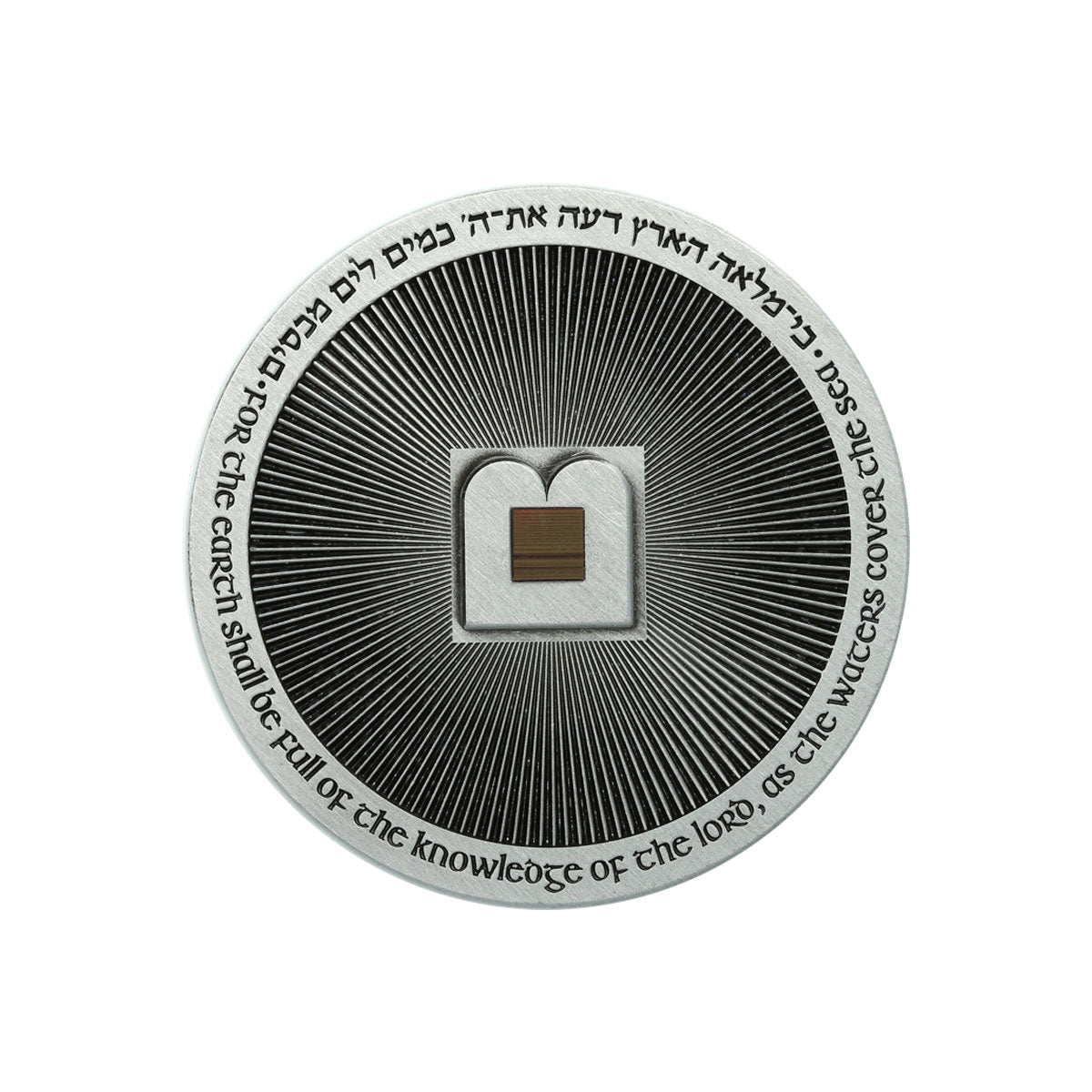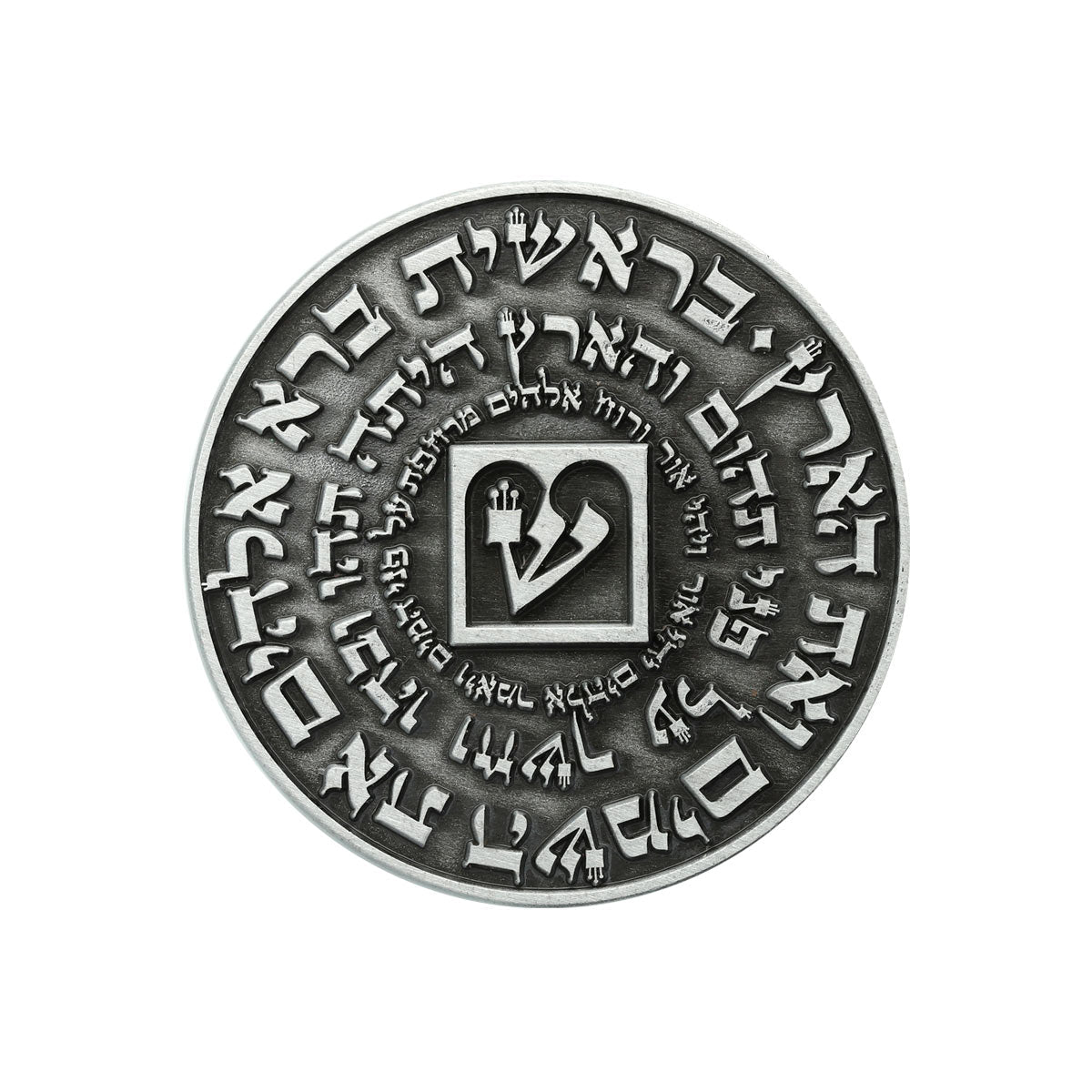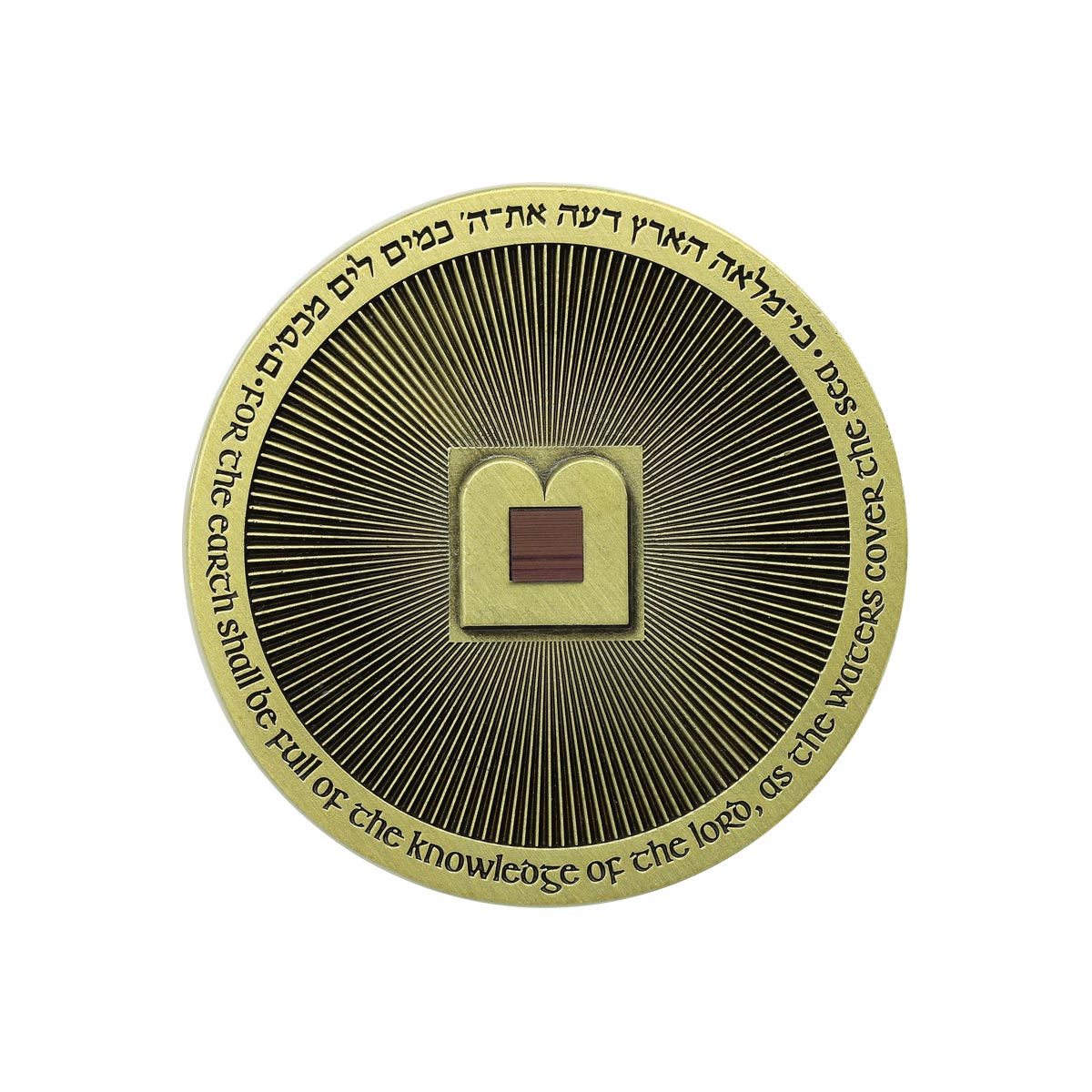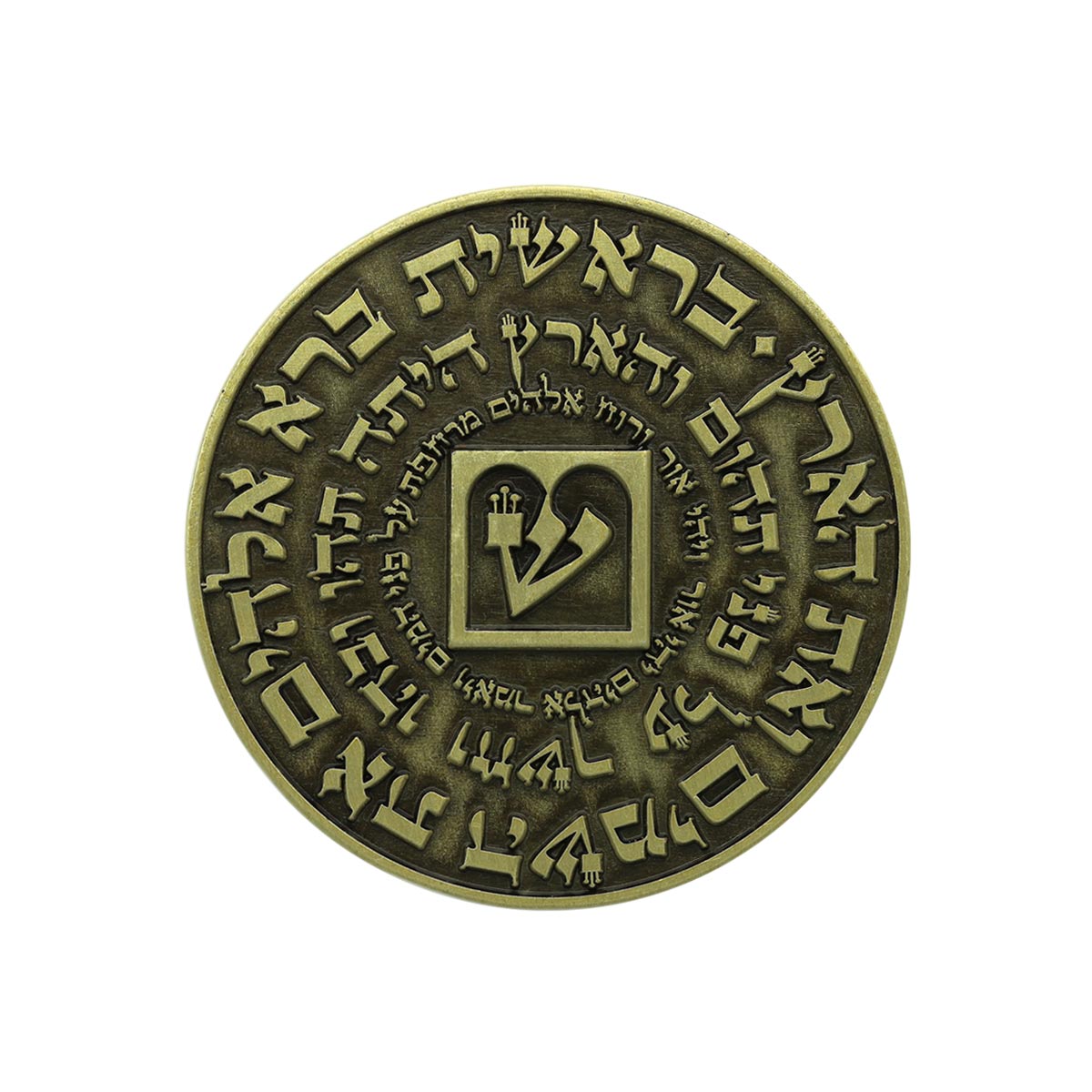
Pentecost
Sun, May 19, 2024, ushers in a day of profound spiritual significance for Christians worldwide as we observe Pentecost. This celebration, commemorating the descent of the Holy Spirit upon the apostles 50 days after Easter, is a time of vibrant traditions and customs that reflect the event's essence of renewal, reflection, and the joy of divine gifts.
Celebrating Pentecost: The Gift of the Holy Spirit
Celebrating Pentecost: The Gift of the Holy Spirit


Henri Nouwen beautifully captures the essence of Pentecost: “Without Pentecost, the Christ-event—the life, death, and resurrection of Jesus—remains imprisoned in history as something to remember, think about, and reflect on. The Spirit of Jesus comes to dwell within us, so that we can become living Christs here and now.”
Communities gather for special services, participate in processions, and some even engage in the practice of wearing red to symbolize the flames of the Holy Spirit that descended on the apostles. This period of spiritual enrichment is also marked by the reading of the Scriptures, prayers for unity and renewal, and the sharing of the peace that the Holy Spirit brings into the lives of believers.
Simultaneously, this celebration aligns with Shavuot, a pivotal Jewish festival commemorating the giving of the Torah at Mount Sinai. The synchronicity of Pentecost with Shavuot underscores a profound interconnection between Christianity and Judaism, united in the celebration of divine revelation and guidance. As believers around the globe participate in these rich traditions and customs, we are reminded of our shared heritage and the foundational role that these ancient texts play in guiding our faith and practices.
This confluence of Pentecost and Shavuot serves as a poignant reminder of the shared spiritual journey, emphasizing themes of revelation, wisdom, and the continuous pursuit of a deeper understanding of the divine. It is a time when the essence of these celebrations transcends religious boundaries, inviting all to reflect on the universal messages of faith, hope, and love that these festivals embody.
As we approach this sacred date, let us delve into the origins and spiritual essence of Pentecost, a day that marks not just a historical event, but the very heartbeat of Christian faith. This festival commemorates the descent of the Holy Spirit upon the apostles and other followers of Jesus Christ, as described in the Acts of the Apostles (Acts 2:1–31), enabling them to speak in many languages. The event signifies the birth of the Church and the beginning of its global mission. In this context, the celebration of Shavuot provides a backdrop that enriches our understanding of Pentecost, highlighting the shared roots of Christianity and Judaism in divine revelation.
How does the theme of renewal in Pentecost inspire us to embrace diversity and unity within our faith communities, in a reflection of the varied languages spoken by the apostles?
With the spirit of Pentecost kindling our hearts, we are drawn to the towering figures of King David and King Solomon from the Jewish tradition, whose legacies also hold significance in Christian teachings. These kings exemplify leadership, faith, and wisdom, virtues celebrated at Pentecost as we reflect on the Holy Spirit's empowering presence.
The Legacy of Kings: Connecting with Our Ancestors
In this season of reflection, our hearts turn to the foundational stories of King David and King Solomon, pillars of our faith whose lives intertwine with the core teachings of both Pentecost and Shavuot. King David, revered as a shepherd, warrior, and the anointed psalmist, established Jerusalem as the political and spiritual heart of Israel, setting the stage for the divine presence in the First Temple built by his son, Solomon. King Solomon, celebrated for his unprecedented wisdom and for erecting the Temple, solidified the sacred space where God's presence would dwell among His people.
These monarchs, pivotal figures in both Christian and Jewish traditions, exemplify the virtues of faith, leadership, and unwavering devotion to God. Their contributions go beyond temporal leadership; they are emblematic of the Messiah’s lineage and kingdom, as foretold by the prophets. In Christianity, King David’s lineage directly connects to Jesus, fulfilling the prophecy of a Messiah who would establish a new covenant and an everlasting kingdom. As we celebrate Pentecost, we remember that Jesus, often referred to as the Son of David, embodies the fulfillment of these Old Testament promises, bridging the covenant with Israel to the birth of the Church.
This rich tapestry of history, prophecy, and fulfillment underscores the deep roots of Christian faith in Jewish tradition and the Old Testament, reminding us that our spiritual heritage is deeply entwined with the narratives of these ancient kings who sought to fulfill God's will.
The kings collection
Start collecting today - get a piece of history
The Old Testament and Pentecost: Foundations of Faith
In the context of Pentecost and Christianity, the Old Testament is not just a precursor to the New Testament; it is the foundation of our faith. It tells the story of God's revelation to humanity, leading to Christ's coming. Robert Baer draws a parallel between significant events: “Bethlehem was God with us, Calvary was God for us, and Pentecost is God in us.” This narrative of salvation history, from creation to the establishment of Israel, sets the stage for the Messiah, weaving through prophecies that speak of a future marked by God's spirit bringing a new era of peace and justice.
Pentecost, celebrated by Christians as the day the Holy Spirit was poured out upon the apostles, marks the birth of the Church and the beginning of its mission in the world. This event, rich in the Holy Spirit's transformative power, is deeply rooted in the Old Testament's narratives and prophecies. It fulfills the promise of a new covenant, where the law would be written not on tablets of stone but on the hearts of believers, as foretold by prophets like Jeremiah and Ezekiel.
The Old Testament establishes the narrative of salvation history, starting from creation, through the fall, the patriarchs, the Exodus, and the establishment of Israel. It sets the stage for the coming of the Messiah, a theme woven throughout its texts. Prophecies in Isaiah and Micah speak of a future where God's spirit would inaugurate a new era of peace and justice, culminating in the figure of Jesus Christ, who Christians believe fulfills these ancient oracles.
Samuel Chadwick acknowledges the transformative role of Pentecost: “I owe everything to the gift of Pentecost. For fifty days, the facts of the Gospel were complete, but no conversions were recorded. Pentecost registered three thousand souls. It is by fire that a holy passion is kindled in the soul whereby we live the life of God.” This highlights how Pentecost activates the Gospel's power, moving from historical fact to living faith.
The story of Pentecost cannot be fully appreciated without understanding the significance of Shavuot, the Jewish festival celebrating the giving of the Torah at Sinai, which coincides with Pentecost. This parallel underscores the continuity between Judaism and Christianity, with the giving of the Law and the outpouring of the Spirit marking pivotal moments of covenant and revelation.
The teachings and laws found in the Old Testament, particularly the Ten Commandments, serve as a moral compass for Christians, guiding ethical behavior and spiritual practices. The Psalms, often referred to as the prayer book of the Bible, provide a language for worship and devotion that resonates through Christian liturgy and personal prayer life.
Moreover, the Old Testament's wisdom literature offers timeless insights into the human condition, suffering, and the search for meaning, which are as relevant to the Christian experience today as they were in ancient times. The stories of faith, perseverance, and divine intervention found in the books of Daniel, Esther, and Joseph, among others, inspire believers to live out their faith with courage and trust in God's providence.
In Christianity, the Old Testament is understood not merely as a historical or religious artifact but as a living testament to God's ongoing relationship with humanity. It provides the backdrop against which the life, death, and resurrection of Jesus Christ are understood as the fulfillment of God's salvation plan for the world. The narratives, laws, prophecies, and poems of the Old Testament invite Christians to delve deeper into their faith, discovering the roots of their beliefs and the breadth of God's love and justice revealed throughout the biblical canon.
Thus, the Old Testament serves as both the foundation and the beginning of the Christian story, a story that continues to unfold in the lives of believers, guided by the Spirit who was so powerfully manifested on that first Pentecost.
A Call to Remembrance and Celebration
As Pentecost draws near, we are reminded of the transformative power of the Holy Spirit. David Wilkerson succinctly describes the impact of Pentecost: “When you strip it of everything else, Pentecost stands for power and life. That’s what came into the church when the Holy Spirit came down on the day of Pentecost.” This celebration is not just a recollection of the historical descent of the Holy Spirit but also a reaffirmation of our identity as members of the Christian Church, enriched by our shared heritage with the Jewish people and the foundational role of divine revelation in our faith.
In this season of divine grace, let us rekindle our connection to this pivotal moment in Christian history. May the observance of Pentecost inspire us to reflect on the gifts of the Holy Spirit—faith, renewal, and unity. Together, let us embrace the lessons of the past to illuminate our paths forward, carrying the legacy of our faith into the future with pride and purpose.
Reflecting on Pentecost's deeper mission, T.L. Osborn’s insight reminds us of our calling: “There is only one purpose of Pentecost; that is to effectively evangelize lost souls.” This perspective reiterates the essence of Pentecost as a time for renewal and outreach, urging us to live out the Holy Spirit's empowering mission in evangelization. As we celebrate, let's embody the transformative message of the Gospel, sharing the life and power brought into the church since that first Pentecost.
Embracing the Spirit's Legacy
As we journey through this season of Pentecost, let us carry forward the vibrant legacy of faith, hope, and love ignited by the Holy Spirit. May our celebrations and reflections draw us closer to the essence of our faith, enriched by the power and presence of the Holy Spirit, now and always. Join us in commemorating this sacred time, as we embrace the continuous fulfillment of divine promise and spread the transformative message of the Gospel to every corner of the world.
Everything started here
Get the favorite bible on chip coin today.


